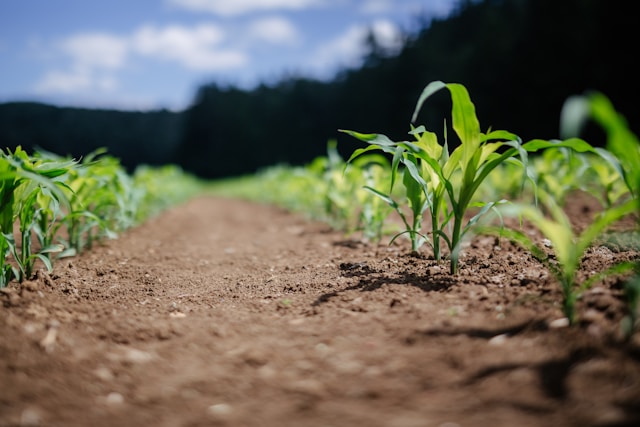Agriculture remains the backbone of Africa’s economy, employing nearly 70% of the population and contributing significantly to GDP in many countries. Beyond providing food, agriculture fuels trade, creates jobs, and drives rural development.
Africa’s Agricultural Landscape
Africa’s agricultural sector is diverse, shaped by varying climates, soils, and ecosystems:
- West Africa: Staples like cassava, yams, and cocoa dominate, alongside livestock farming.
- East Africa: Known for coffee, tea, maize, and horticulture exports.
- Southern Africa: Focuses on maize, wheat, sugarcane, and livestock; rich mineral and water resources support irrigated agriculture.
- North Africa: Dominated by grains, olives, and citrus crops, with extensive irrigation systems.
Despite its potential, African agriculture faces challenges: limited mechanization, poor infrastructure, inconsistent access to financing, and vulnerability to climate change. According to the FAO, productivity in Africa remains well below global averages, highlighting the need for investment, technology, and modern farming practices.
The Role of Technology in African Agriculture
Digital innovation is transforming African agriculture. Mobile platforms help farmers access weather forecasts, market prices, and mobile banking services. Drones, precision agriculture, and solar-powered irrigation systems are gradually improving yields and efficiency. Organizations like the Alliance for a Green Revolution in Africa (AGRA) and the African Development Bank support initiatives to modernize smallholder farming and improve food security.
Spotlight on South African Agriculture
South Africa is a regional leader in agricultural production, contributing roughly 2% to the country’s GDP and employing millions, especially in rural areas. Its diverse climate and soil types allow for a wide range of crops and livestock.
Key Crops and Livestock
- Crops: Maize, wheat, sugarcane, citrus, apples, grapes, and wine production are major contributors.
- Livestock: Cattle, sheep, goats, and poultry farming remain vital, both for domestic consumption and export.
- Export crops: Citrus, grapes, wine, and deciduous fruits are significant export earners, mainly to Europe, the Middle East, and Asia.
Strengths of South African Agriculture
- Technological adoption: South Africa has one of the most advanced agricultural technology infrastructures in Africa, with widespread use of mechanization, irrigation, and biotechnology.
- Research and development: Institutions like ARC (Agricultural Research Council) lead innovation in crop and livestock improvement.
- Export orientation: Well-developed ports and logistics systems enable competitive access to global markets.
Challenges Facing the Sector
- Climate change: Droughts and water scarcity increasingly threaten crop yields and livestock production.
- Land reform and ownership issues: Historical inequalities in land distribution affect productivity and investment.
- Rural poverty: Many small-scale farmers struggle with access to credit, markets, and modern farming techniques.
Opportunities for Growth
The future of African agriculture, and South Africa in particular, lies in modernization, sustainability, and investment:
- Agri-tech adoption: Precision farming, drones, and AI-driven analytics can increase yields.
- Climate-smart agriculture: Techniques that conserve water, improve soil health, and reduce emissions.
- Value addition: Processing raw crops locally can boost income, employment, and exports.
- Regional trade expansion: Leveraging AfCFTA to access larger markets within Africa.
Conclusion
Agriculture remains a critical sector for Africa’s economic development and food security. South Africa, with its advanced technology and diverse production, stands as a model for the continent. By embracing innovation, addressing structural challenges, and investing in sustainability, Africa’s agriculture sector has the potential to feed its population, reduce poverty, and become a major global player in food production.
SEO Keywords: Africa agriculture, South African farming, African crops, agri-tech Africa, sustainable agriculture South Africa, food security Africa, African rural development.
